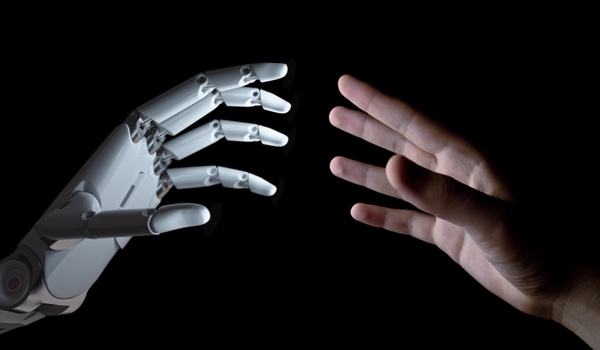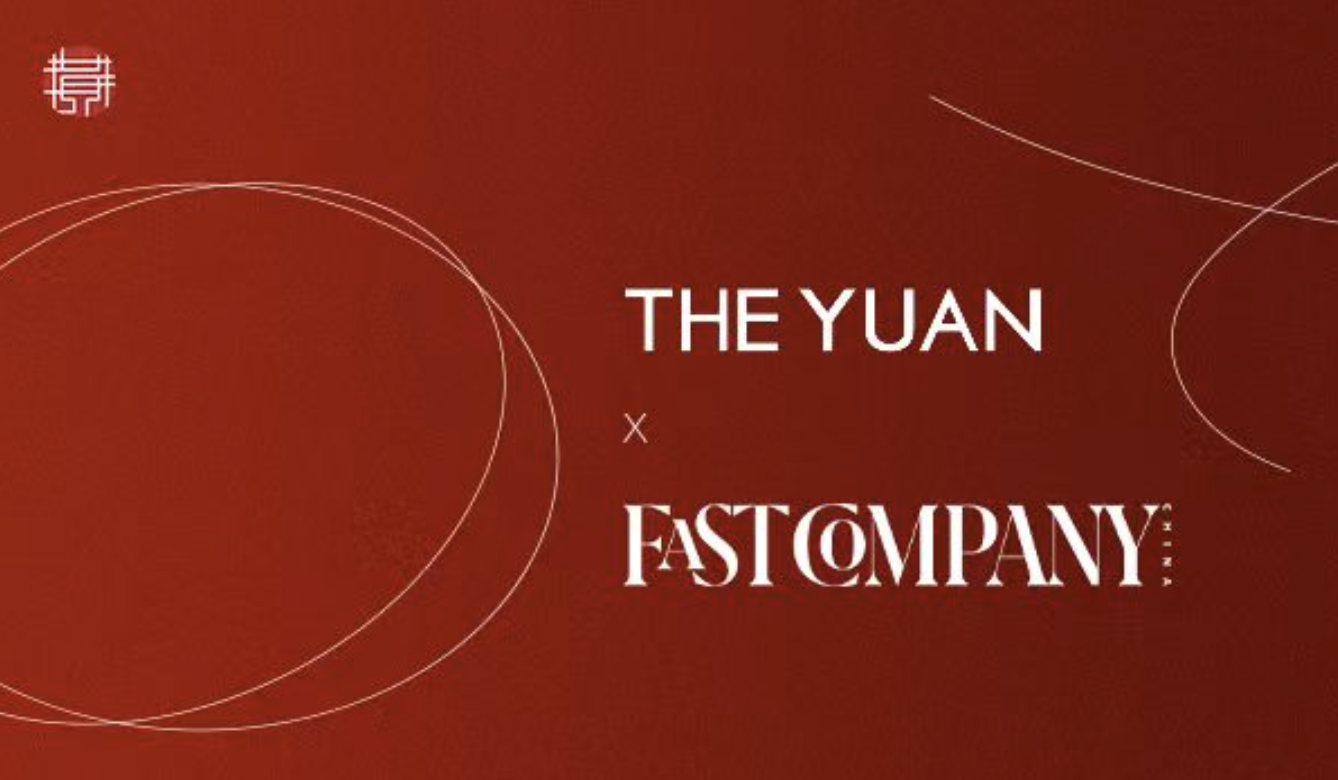


PARIS - At first glance, ‘AI ethics’ may sound like an interesting concept and a noteworthy trend, but the reality - at least for now - is that AI ‘ethics’ is nothing more than a catchphrase with no empirical consistency.
In a recent keynote delivered at the 2022 Data Science Conference in Belgrade, Dr Luc Julia, one of the co-creators of Apple’s Siri virtual assistant, mischievously asserted and compellingly demonstrated that “There is no such thing as artificial intelligence,” a provocative point he developed in his eponymous book released in 2020. In the same vein, computer scientist Jaron Lanier, claimed that artificial intelligence (AI) is a myth, “a fake thing,” “a fraud, or at least such a poorly constructed idea that it's phony.”
How, then, is it possible to apply ethics to something that does not exist, and that might as well be labeled as an unidentified technical object? The answer is twofold.
On the one hand, one could argue that this is impossible, irrelevant, and pointless.
On the other hand, it is also possible to consider that AI does not exist as a tangible object, but that it nonetheless exists as a symbolic artifact. AI is a performative utterance, a phrase coined in 1955 by John McCarthy as an appealing concept for the Dartmouth Conference to be held the following year, that has since been shaping people’s (mis)perceptions about a wide spectrum of technologies downsized to a single ill-defined concept.
The upshot of all this is that if AI does not exist, then AI ethics cannot exist either. At best, one can envision some kind of ethics being applied
The content herein is subject to copyright by The Yuan. All rights reserved. The content of the services is owned or licensed to The Yuan. Such content from The Yuan may be shared and reprinted but must clearly identify The Yuan as its original source. Content from a third-party copyright holder identified in the copyright notice contained in such third party’s content appearing in The Yuan must likewise be clearly labeled as such. Continue with Linkedin
Continue with Linkedin
 Continue with Google
Continue with Google










 2045 views
2045 views







